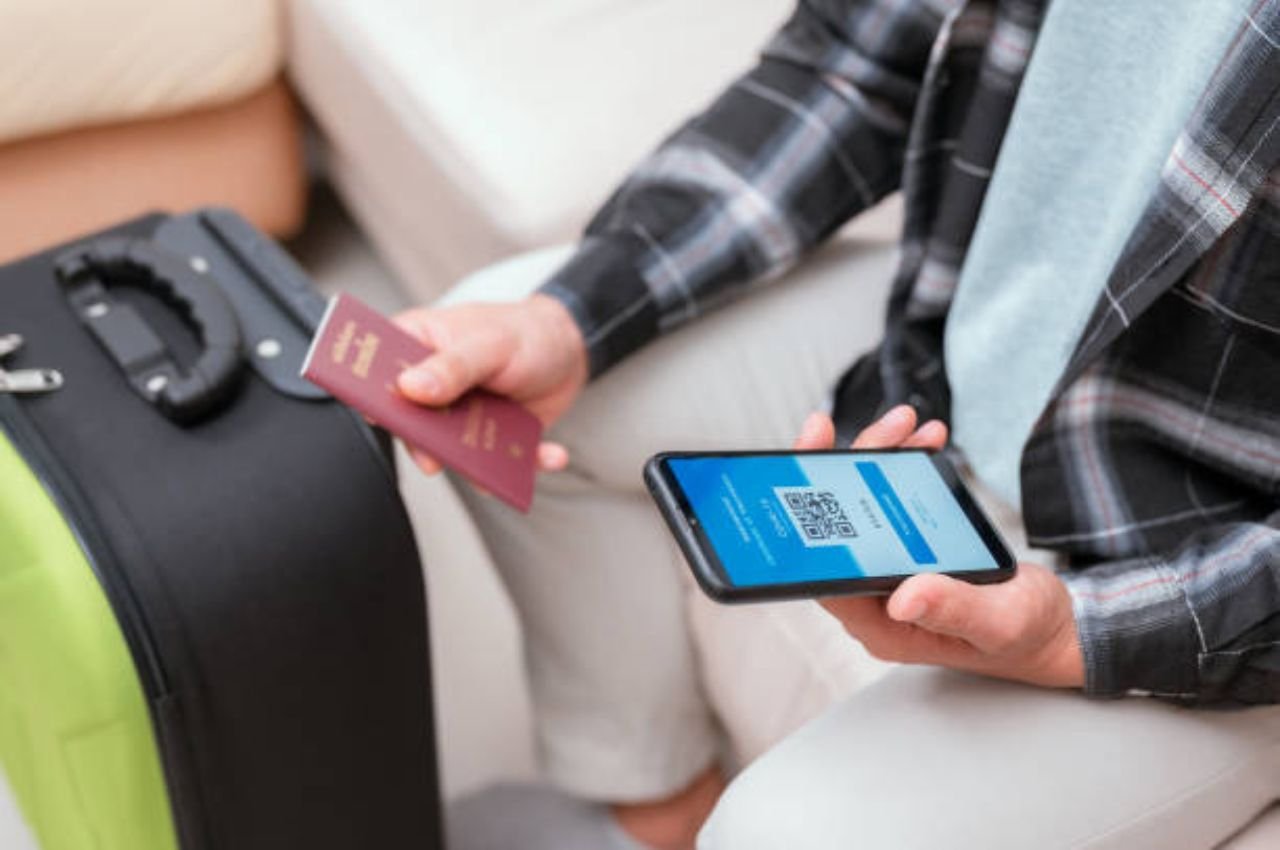The world is rapidly adopting advanced technologies to bolster security and convenience, especially when it comes to travel. One of these innovations is the NFC-enabled passport, which is revolutionizing the way identity verification works at border checkpoints. If you’ve heard of terms like “NFC e-passport verification” and wonder how it applies to your travels or documents, you’re in the right place.
This guide offers a comprehensive overview of NFC-enabled passports, their functionality, and specific details about implementation in countries like Nigeria. You’ll also learn how this technology works to streamline identity verification processes while improving security.
What Is an NFC-Enabled Passport?
NFC (Near Field Communication) technology allows secure, contactless data exchange between devices. An NFC-enabled passport embeds an NFC chip that stores important biometric and personal data about its bearer. This chip facilitates fast, accurate, and secure verification.
What Information Is Stored on the NFC Chip?
The NFC chip on a passport contains key details, including:
- The holder’s name, date of birth, and nationality.
- A digital photograph.
- Biometric information (like fingerprints or iris scans).
- Passport number and expiration date.
This data is encrypted, ensuring utmost security of Immediate X2 ProAir during storage and transmission. Only authorized readers can access the information, safeguarding it from unauthorized access.
Why Are NFC-Enabled Passports Important?
NFC-enabled passports improve security, minimize errors, and reduce processing times for immigration. Unlike traditional passport verification methods, NFC chips can’t be easily forged due to their cryptographic structures. Furthermore, they allow seamless cross-border coordination, making travel more efficient for governments and travelers alike.
NFC-Enabled Passport Adoption in Nigeria
Nigeria has embraced the innovation of NFC passports as part of global efforts to adapt advanced technologies in identity verification. Travelers holding Nigerian passports now benefit from enhanced security and global compliance, particularly within countries that demand biometric verification for entry.
If you’re a Nigerian citizen who recently renewed or applied for a passport, you may already possess an NFC-enabled document. Next, let’s explore how NFC passport verification works and why it’s being adopted globally.
How Does NFC E-Passport Verification Work?
NFC e-passport verification is standard in airports and border crossings using automated systems. Here’s a simplified breakdown of how it functions:
Step 1: Scan the Passport
An immigration officer or kiosk with NFC-readers scans the passport. The NFC chip transmits the necessary biometric and personal data via secure radio frequencies.
Step 2: Authentication
The system automatically cross-checks the chip’s encrypted data against a government or international database to confirm its authenticity. This process validates both the identity document and the traveler.
Step 3: Biometric Match
The individual’s live biometrics (e.g., fingerprint or facial recognition) are compared against the data stored in the chip to ensure accurate identification.
Benefits of NFC Passport Verification
- Speed: Processes are completed in seconds compared to manual verification methods.
- Security: Encrypted communication limits counterfeit risks.
- Global Standardization: Most countries adopt similar technology, providing travelers consistency across borders.
If you’ve recently seen a self-checkpoint kiosk or scanning device at an airport, chances are you’ve encountered NFC verification firsthand.
Advantages of NFC-Enabled Passports in Nigeria
Improved Security
For Nigerian passport holders, NFC technology makes it harder for counterfeiters to duplicate documents. These passports adhere to the International Civil Aviation Organization (ICAO) guidelines. NFC makes compliance with worldwide security standards more accessible and reliable.
Convenience for Nigerian Travelers
Busy travelers will appreciate faster processing times. Nigerian e-passports with NFC chips allow quicker immigration checks in global airports, particularly at automated e-gates.
Global Trust
Adopting cutting-edge technology in e-passports enhances Nigeria’s reputation, ensuring citizens experience smoother entry at stricter borders like the United States and the European Union.
By implementing NFC passports across all operations, Nigeria ensures secure access to international travel while adhering to global standards, such as MRTDs (Machine Readable Travel Documents).
How to Check If Your Passport Is NFC-Enabled
Determining whether you have an NFC-enabled passport is simple. Look for the biometric passport symbol (a small rectangle with a circle in the middle) on the cover. This indicates that the passport contains an embedded NFC chip.
Additionally, verify through these methods:
- Contact Immigration Services: For Nigerians, inquire with the Nigeria Immigration Service (NIS). They’ll confirm whether you’ve been issued an NFC-enabled passport.
- Use an NFC Scanner App (for informational purposes): Certain apps available on smartphones can detect your passport’s NFC capability. Simply enable your phone’s NFC function, place your passport near it, and the app will confirm if it’s chip-enabled.
Steps for Using Your NFC Passport for Verification
Follow these straightforward steps when arriving at an airport or immigration desk equipped with NFC verification systems:
- Place Your Passport on the Scanner
The machine will prompt you to place the document in a designated area. Ensure the NFC symbol aligns for accurate reading.
- Provide Biometric Verification
You may be asked to look into a camera or place your fingerprint on a scanner for a live match.
- Await Confirmation
Once matched successfully, proceed to complete your entry or continue your travel process.
NFC-enabled passports eliminate manual interactions, creating an entirely self-served experience at select locations.
Why Transition to NFC E-Passports?
The move from traditional to NFC-enabled passports reflects the constant global push for faster, safer, and more digital systems. The transition simplifies government procedures, ensures authenticity, and streamlines travel processes for everyone.
Whether you’re in Nigeria or another country rolling out this technology, the adoption of NFC passports is a testament to innovation and progress. By staying informed and leveraging these tools, you can travel confidently and securely.
Stay Ahead in the Digital Age
The NFC e-passport is much more than a travel document—it’s a necessary tool for safety, trust, and efficiency in a globalized world.
To learn more about NFC-enabled passports in Nigeria or other parts of the world and how they can benefit you, visit relevant government services or forums. Stay informed, stay secure, and explore the world with the convenience of cutting-edge technology in your pocket.



